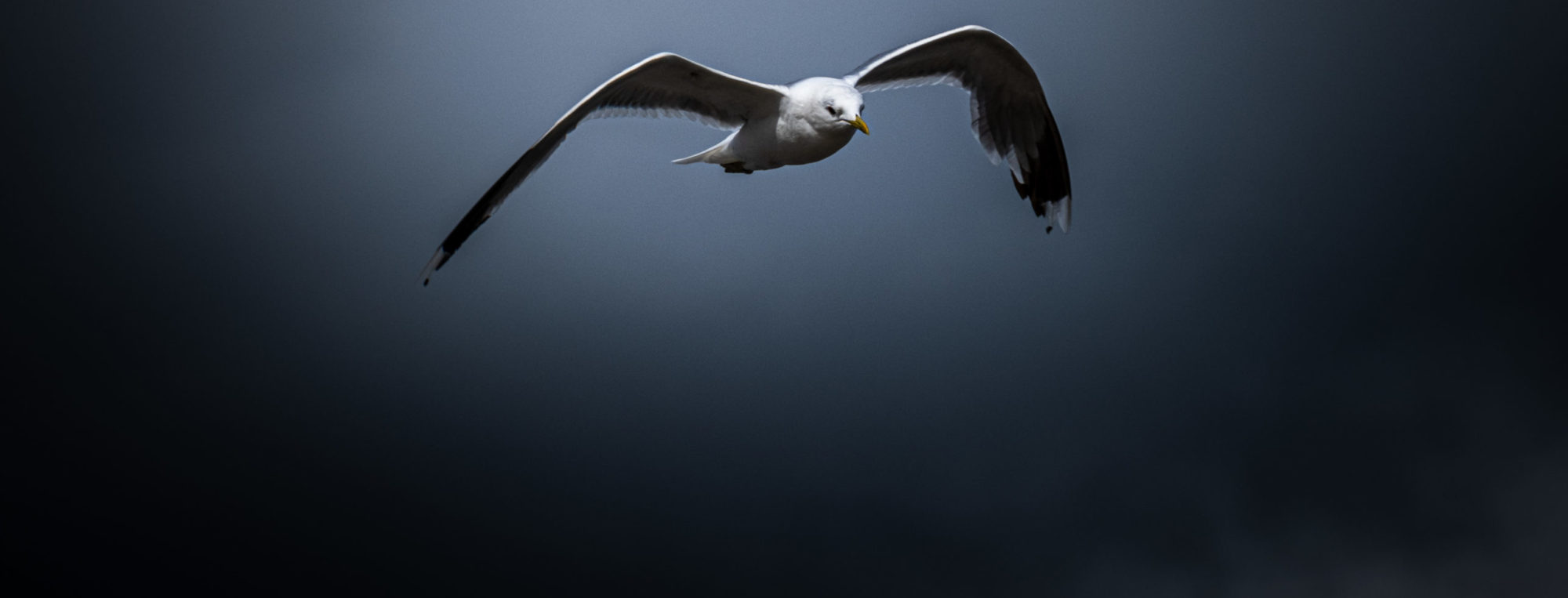Today we will go Behind the piano to get to know the piano player and composer Pau Canyigueral a bit better.
Have a nice read!
Where are you from? And where do you live?
I am born in Barcelona, was raised in Girona, lived in The Hague (The Netherlands) for 9 years and now I am settled in Valencia.
How long have you been playing the piano, and do you play other instruments as well?
I have been playing piano since I was 8 years old and played oboe from 9 to 20 y.o. (sometimes still missing it).
Tell us about how you started playing music.
My mother wanted my sisters and me to be able to read music at the church so she inscribed us to a little music school in the neighbourhood where they found out I had a “good” voice, so I got into choir singing and piano and oboe playing.
How long have you been making piano music?
Since I was 10 years old.
Tell us something about that moment you realized you could make songs yourself!
I was living in a boarding school, injured myself in my left hand and arm while self-learning skating and since we had assigned 30 minutes a day of piano practice and I couldn’t study the pieces yet still had and instrument in front of me for half an hour I just started to explore and create with it. At the time it was quite a discovery for me to find out that music could carry my own emotion.
What are your favorite artists in this “piano genre”?
My favorite artists in this “piano genre” are Ludovico Einaudi, Joep Beving and Olafur Arnalds. I also hugely admire and enjoy so much Joe Hishaishi, Yiruma and Ryuichi Sakamoto, and have a special place in my contemporary music mind spot for György Kurtág and Thomas Adès.
Is there one song which you play over and over again as soon as you sit down by a piano?
I just sit at the piano to write my music, so when I sit I just play the piece I am doing at the moment. But in a parallel universe, I never stop playing the 2nd movement of Ravel’s piano concerto in G Major.
What rules (in making music) needs to be broken?
More than a rule the idea that there is a “the best” music system or a better scientific musical structure than others… this thinking leads, in my opinion, to a too rationalaized approach to imagination. The only kind of rule that I have for my music, is that it has to be really meaningful to me, if not I just don’t do it. There is a wonderful poem by Charles Bukowski ( so you want to be a writer?) about it.
How do you record your music?
I have a Yamaha Clavinova at home that I use as a midi device. So when a piece is ready, I played it on it and record the midi data on the computer (using Cubase) and in there I choose a piano vst instrument and edit the “recording” where necessary.
Whats your take on sampled instruments?
Technology is unstoppable and it can be very useful when putted at the service of creativity. In a solo piano music environment I definitely believe that for learning to play, or for creating music and concert playing, a real acoustic piano is much more rich, subtle and inspiring than sampled instruments. But once the sound gets manipulated through the chain recording/reproducing, then sampled instruments are a good substitute for the real acoustic ones if you do not have access to a space, instrument and recording system that you are comfortable with. There is, however a concern I have about “realistic” sampled instruments and is the extreme standardization of the equal temperament tuning system that its use implies.
Anything else you want to share?
Thank you so much for listening and reading, and thank you Johan for your invitation and your really interesting questions. It has been an honour.
And the questions from my son:
Where do all your songs come from?
From necessity.
Thank you very much for this Pau!


